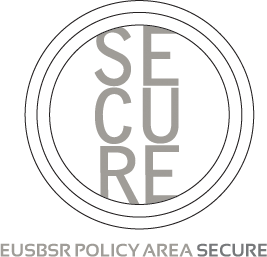
BaltPrevResilience is created as a response to the multiple everyday accidents that occur in the Baltic Sea Region. The project aims to prevent such accidents and reduce their impacts by improving the prerequisites for collection and analysis of impact and response data at the local level. The project will do so by introducing a process to establish a common understanding of statistics, evaluation of experiences and sharing of evidence based knowledge and best practices.
The project will organize three thematic seminars. These seminars will address multiple aspects of risk prevention mechanisms such as the identification of best practices and gaps, awareness raising, resilience building, comparability assessments, and cost-benefit examinations.
BaltPrevResilience partners are National Institute for Health and Welfare, Injury Prevention Unit, Finland (THL); Estonian Rescue Board, Estonia (ERB); Frederikssund-Halsnæs Fire & Rescue Service, Denmark (FHFRS); Main School of Fire Service Warsaw, Poland (SGSP); Jelgava City Municipality, Latvia (JCM); and Karlstad University, Sweden (KaU).
The project runs from 1 February 2014 to 31 January 2016 and is coordinated by the Swedish Civil Contingencies Agency (MSB).
Further information about BaltPrevResilience can be found here.

